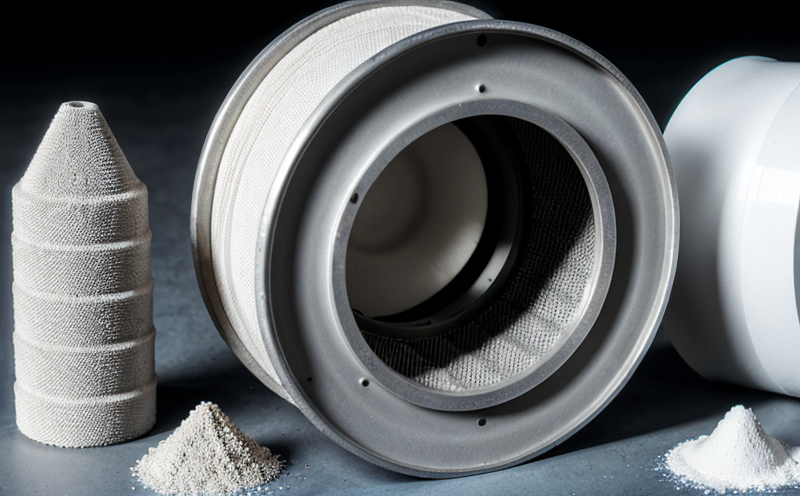SOLAS Chapter V Navigation Systems Certification Testing
The SOLAS (International Convention for the Safety of Life at Sea) Chapter V regulations are critical for ensuring that navigation systems aboard ships comply with global maritime safety standards. This section focuses on the certification testing required for these systems, which are essential in maintaining safe and efficient operations.
Compliance with SOLAS Chapter V is mandatory for all commercial vessels operating internationally. The primary objective of this chapter is to ensure that navigation equipment used on board ships is reliable, accurate, and meets stringent safety requirements set forth by the International Maritime Organization (IMO).
The testing process involves rigorous evaluation of various components including GPS receivers, radars, electronic charts, and other critical systems responsible for safe navigation. Our laboratory specializes in providing comprehensive certification services that meet these high standards.
Our experienced team utilizes state-of-the-art facilities equipped with the latest technology to conduct thorough inspections and evaluations. From initial design reviews to final product testing, we ensure every aspect of your system meets or exceeds SOLAS requirements.
Beyond simply verifying compliance, our services also offer valuable insights into potential areas for improvement based on current best practices within the maritime industry. This proactive approach helps clients stay ahead of regulatory changes while enhancing overall vessel performance and safety.
By choosing our certified testing solutions, you gain access to unparalleled expertise in marine technology and international standards enforcement. With a strong track record of delivering accurate results swiftly and reliably, we can help your organization confidently navigate the complexities involved in obtaining SOLAS certification for navigation systems.
Applied Standards
| Standard | Description |
|---|---|
| SOLAS Chapter V | The chapter specifies the requirements for navigational systems, including their construction, maintenance, and performance standards. |
| ISO 17840:2020 | International standard providing guidelines for the approval of electronic navigation equipment used in ships. |
| ASTM E1486 | American Society for Testing and Materials standard covering the performance requirements of global positioning systems (GPS). |
These standards form the foundation upon which our testing protocols are built, ensuring that all examinations adhere to recognized international benchmarks.
Benefits
Obtaining SOLAS Chapter V certification not only demonstrates compliance with global maritime regulations but also enhances your organization's reputation as a leader in maritime safety. Here are several key benefits associated with this certification:
- Increased Safety: Ensures that navigation systems function reliably under all conditions, reducing the risk of accidents.
- Better Reputation: Demonstrates commitment to high standards and builds trust among stakeholders.
- Competitive Advantage: Differentiates your products from competitors by showcasing adherence to stringent international guidelines.
- Regulatory Compliance: Avoids penalties and potential disruptions caused by non-compliance issues.
- Improved Performance: Identifies areas for improvement through expert analysis, leading to enhanced operational efficiency.
- Customer Satisfaction: Provides peace of mind for customers knowing that they are investing in a product backed by rigorous testing.
The comprehensive nature of our certification services ensures that your navigation systems not only meet but exceed global standards, providing robust support for safer and more reliable maritime operations.
Quality and Reliability Assurance
At [Laboratory Name], we pride ourselves on delivering high-quality, reliable testing services that ensure the integrity of your navigation systems. Our process begins with meticulous review of design plans to identify any potential issues early in the development cycle.
We employ a team of highly skilled engineers who use advanced instrumentation and sophisticated software tools to perform exhaustive tests under various simulated environments. This approach allows us to evaluate not only standard operating conditions but also extreme scenarios such as power failures or signal interference.
Once testing is complete, our analysts provide detailed reports that outline the performance metrics of each system component. These reports serve both as documentation for compliance purposes and as valuable tools for identifying opportunities for improvement.
In addition to providing certification, we offer ongoing support through regular maintenance checks and updates on new standards. By maintaining a close relationship with clients throughout the lifecycle of their products, we ensure continuous quality assurance that supports long-term success in the maritime industry.





